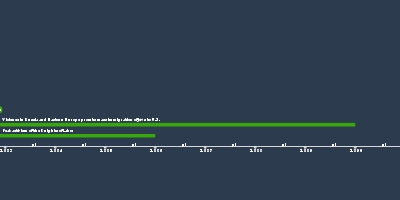oct 5, 1899 - deskilling of labor
Description:
Before:-skilled workers and puddlers and rollers in ironworks; molders in stove making; and machinists, glass blowers, and skilled workers in many other industries used to have autonomy over how much they made each day.
-this upset efficiency-minded ppl
-workers enjoyed personal dignity, manly pride, and brotherhood with fellow employees
-some places started forcing workers to stay the whole day
-Skilled craftsmen and foremen often doled out unskilled tasks to workers they chose themselves, paying the helpers from their own pockets. This subcontracting system arose, in part, to enable manufacturers to distance themselves from the consequences of shady labor practices.
-some foremen=pushers, some were nice
During De-Skilling:
-A system in which unskilled workers complete discrete, small-scale tasks to build a standardized item, rather than crafting an entire product. This process accelerated in the late nineteenth century as mechanized manufacturing expanded. With deskilling, employers found they could pay workers less and replace them more easily.
-Gustavus Swift's mechanized manufacturing and Ford's mass production
Scientific management: A system of organizing work, developed by Frederick W. Taylor in the late nineteenth century, designed to coax maximum output from the individual worker, increase efficiency, and reduce production costs. (failure b/c expensive and employees resisted. most companies let managers make all the decisions tho, widened the gap between management and the blue-collar workers)
Added to timeline:
Date:
oct 5, 1899
Now
~ 126 years ago
